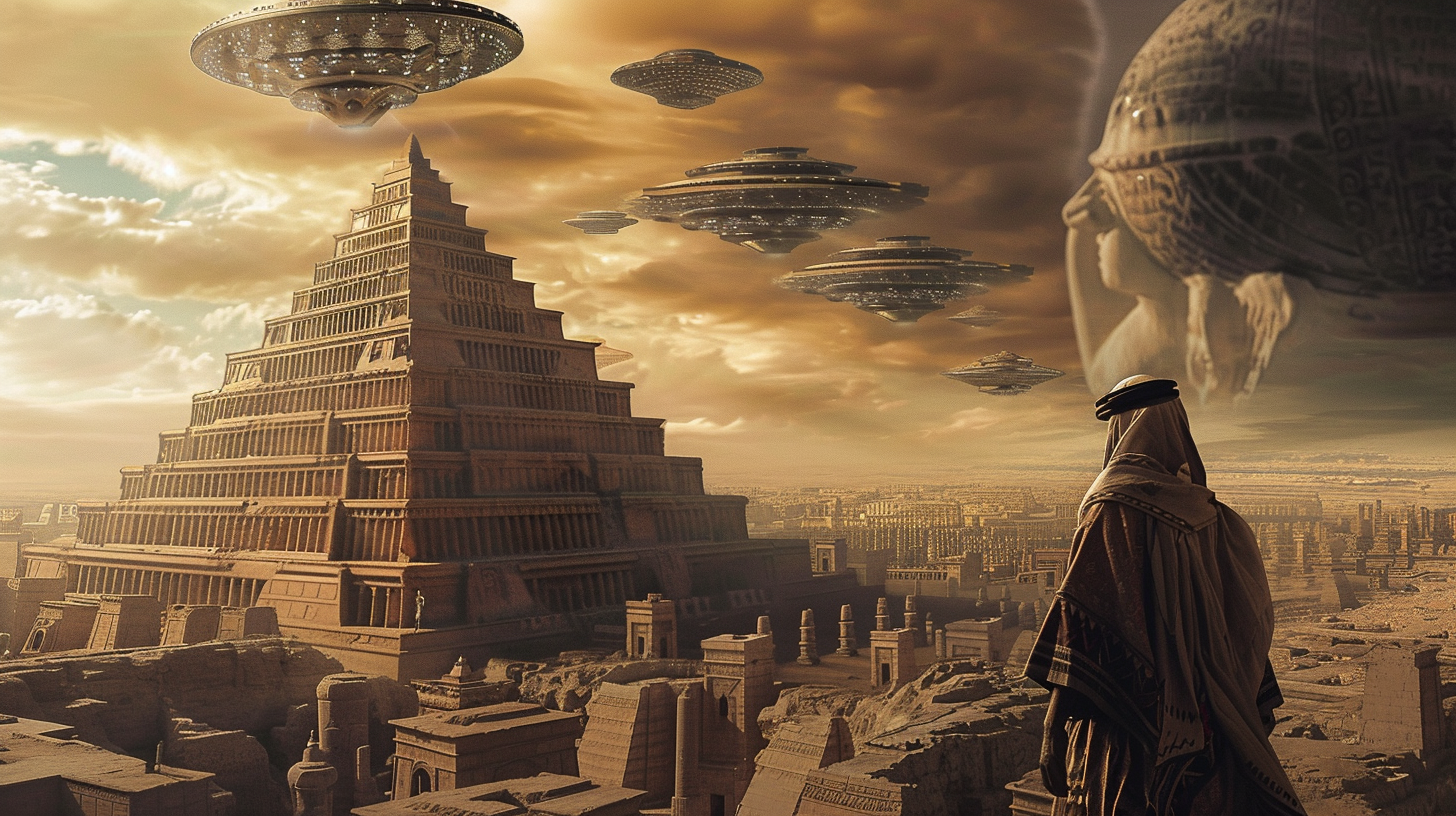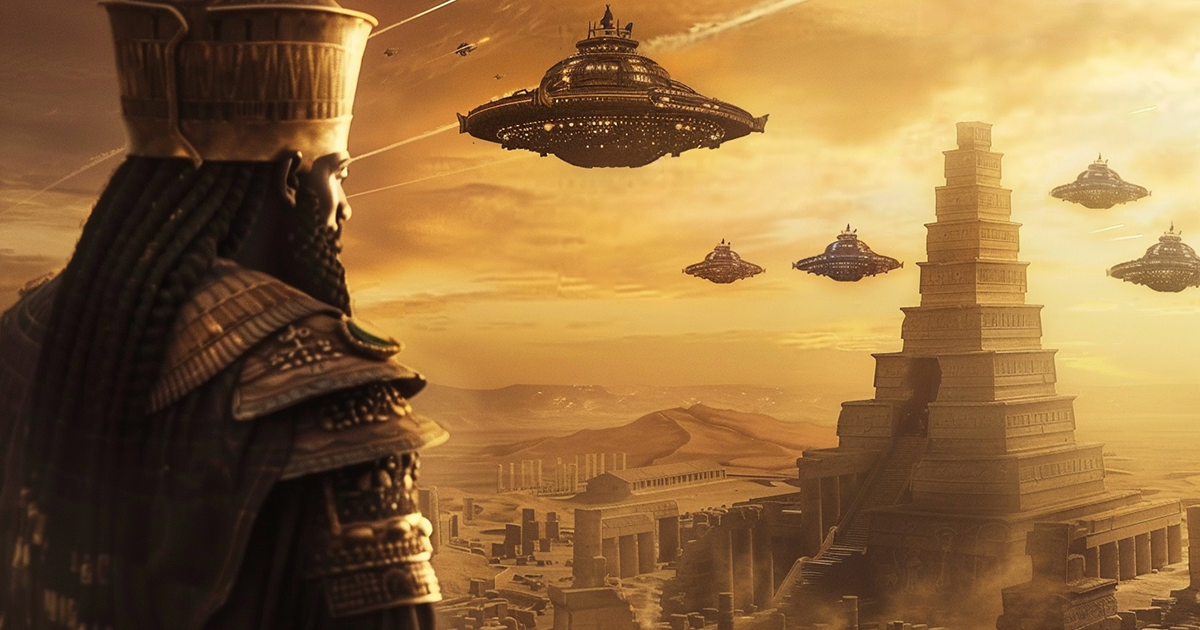Delving into the remnants of the ancient Sumerian culture reveals a plethora of texts that offer profound insights into the beliefs, rituals, and advancements of one of mankind’s earliest societies. Among the intriguing elements of Sumerian literature lie mentions of the Anunnaki, a group of deities believed to have profoundly shaped human civilization. This piece delves into the contributions made by the Anunnaki across various facets of Sumerian life, from agriculture to architecture and governance, illuminating their lasting influence on the evolution of human societies.
The Sumerian texts overflow with allusions to the Anunnaki, depicting them as formidable entities wielding extraordinary knowledge and powers. According to these accounts, the Anunnaki were not only worshipped as gods but also hailed for their substantial contributions to the progression of Sumerian society. Among their most remarkable impacts was in the realm of agriculture, as they were said to have shared insights into farming techniques, irrigation systems, and animal domestication. This knowledge catalyzed a revolution in Sumerian agriculture, facilitating the civilization’s growth and ability to sustain its burgeoning populace.

Moreover, the Anunnaki were acknowledged for their influence on Sumerian architecture, inspiring the construction of grandiose temples, ziggurats, and other monumental edifices. These architectural marvels not only served as places of worship but also as symbols of Sumerian authority and eminence. The Anunnaki’s architectural influence transcended mere building techniques; they were believed to have guided and sparked creativity in Sumerian architects and builders, shaping the physical landscape of ancient Mesopotamia.
Additionally, Sumerian texts portray the Anunnaki as participants in governance and social structure. Often depicted as divine rulers who established laws, moral codes, and governance systems for human civilization, they played a pivotal role in matters of justice, administration, and diplomacy, underscoring their significance as maintainers of order and harmony.
The impact of the Anunnaki on the development of human civilizations goes beyond their specific contributions to various fields. Their presence in Sumerian texts serves as a testament to humanity’s enduring fascination with divine entities and mystical forces. Furthermore, the Anunnaki’s involvement in Sumerian society underscores the intricate connections between religion, politics, and culture in the formation of ancient civilizations.
As we delve further into the study and interpretation of Sumerian writings, may we deepen our comprehension of the Anunnaki’s lasting heritage and their role in shaping the fabric of human history. Their influence on agriculture, architecture, and governance stands as a testament to the enduring imprint of ancient Mesopotamian civilization on the contemporary world we inhabit.
